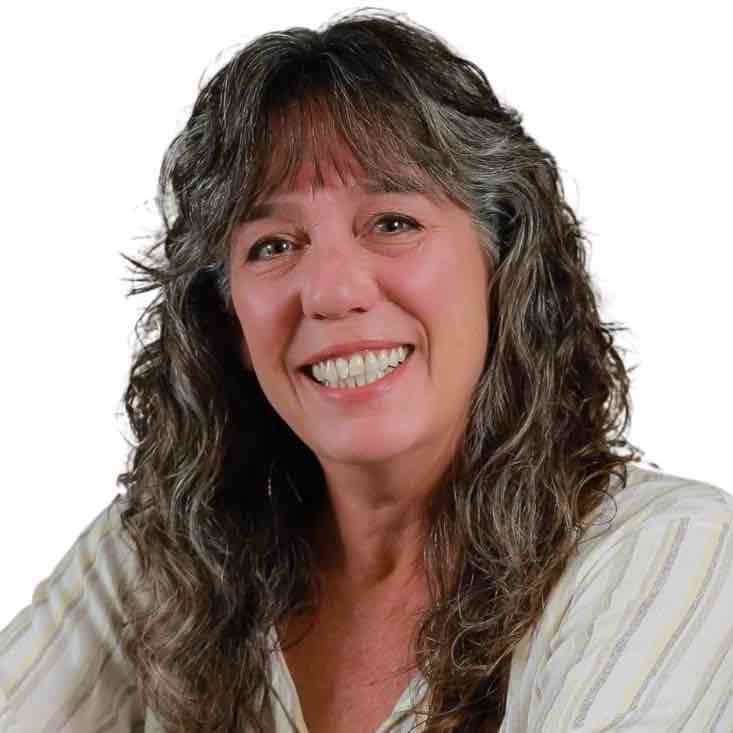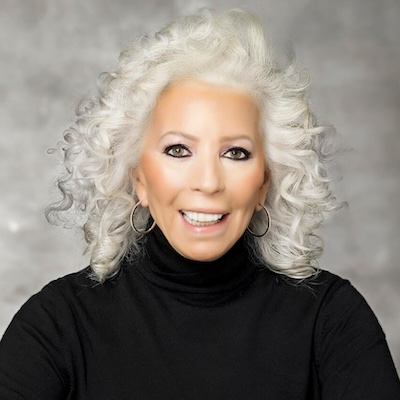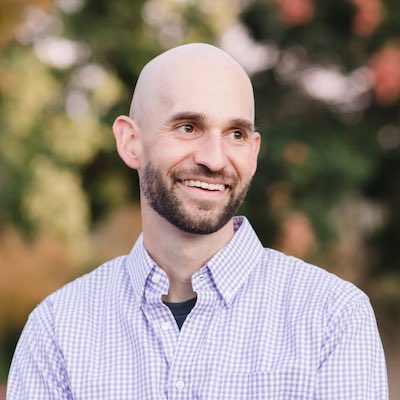Glossary

Health & Wellness
The BabyBoomer.org Health & Wellness Glossary is your trusted resource for understanding the terms and concepts related to your health and well-being. This comprehensive glossary covers a wide range of topics, from nutrition and fitness to mental health and medical care, all tailored to the unique needs and concerns of Baby Boomers. Whether you’re looking to deepen your knowledge about a specific health condition, explore the latest wellness trends, or simply find reliable information to help you lead a healthier life, this glossary has you covered. Each entry is crafted to provide clear, actionable insights, empowering you to take control of your health with confidence.
Aging
Aging refers to the progressive, biological process experienced by all living organisms that leads to changes in structure and functions of cells over time, often resulting in physical, mental and behavioral changes. This inevitable, natural process is characterized by the gradual decline in the body’s ability to repair and regenerate cells, leading to increased vulnerability to disease and death. Despite its association with decline, aging is also a stage of development and personal growth, often accompanied by gain in life experience and wisdom.
Alternative Medicine
“Alternative Medicine” refers to a broad range of health practices that are not part of a country’s traditional or mainstream medical system and are instead considered non-conventional or non-Western. These methods, which can include practices like acupuncture, homeopathy, naturopathy, and herbal medicine, are often based on cultural or historical traditions and may not be supported by scientific evidence. Despite this, they are used as a complement or even an alternative to conventional medicine for a variety of ailments and health improvement strategies.
Alzheimer’s
Alzheimer’s is a progressive neurological disease that primarily affects elderly individuals, causing severe memory loss, cognitive impairment, and behavioral changes. It is characterized by the degeneration and death of brain cells, leading to a continuous decline in mental and physical abilities. As the most common form of dementia, Alzheimer’s disease disrupts daily life through difficulties in remembering recent events, problem-solving, and performing simple tasks, eventually leading to confusion and disorientation. There is currently no cure, but treatments are available to manage symptoms and improve the quality of life.
Anxiety
Anxiety is a psychological state characterized by excessive uneasiness and apprehension, often accompanied by panic attacks, sleep disturbances, and difficulties in concentration. It’s a normal response to stress, but when it becomes chronic or interferes with daily life, it may be classified as an anxiety disorder. It can manifest in various forms including generalized anxiety disorder, social anxiety, specific phobias, or panic disorder. Symptoms may include restlessness, fatigue, irritability, muscle tension, and sleep issues.
























